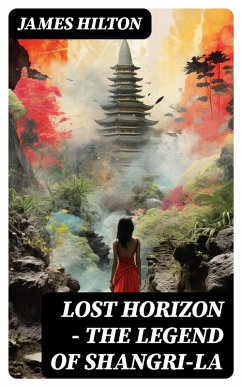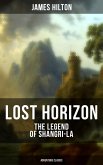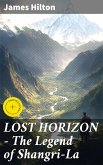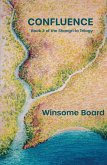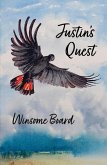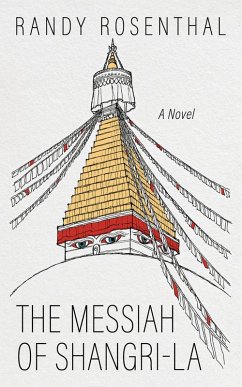In "Lost Horizon," James Hilton crafts a captivating narrative that blends adventure, philosophical inquiry, and utopian exploration. Set against the backdrop of the remote Himalayan valley of Shangri-La, the tale follows the journey of a group of Westerners who stumble upon a mythical paradise, offering a serene retreat from modern life's chaos. Hilton's elegant prose and evocative descriptions breathe life into this enigmatic land, making it a quintessential example of early 20th-century idealism that reflects the era's fascination with escapism and spiritual questing. The novel navigates complex themes of civilization versus nature, suggesting a profound yearning for a lost sense of serenity amidst a rapidly changing world. James Hilton, an esteemed British author, wrote "Lost Horizon" during a period marked by global uncertainty and the aftermath of World War I. His background in education and literature, coupled with his experiences in a tumultuous world, undoubtedly influenced the creation of Shangri-La as a symbol of eternal peace. Hilton's previous works often dealt with themes of existential reflection and human longing, making this novel a natural progression in his literary repertoire. I highly recommend "Lost Horizon" to readers who seek both adventure and introspection. This timeless classic not only entertains but also encourages deep reflection on the values of tranquility and the quest for a meaningful existence, making it a relevant read for contemporary audiences.
Dieser Download kann aus rechtlichen Gründen nur mit Rechnungsadresse in A, B, BG, CY, CZ, D, DK, EW, FIN, F, GR, H, IRL, I, LT, L, LR, M, NL, PL, P, R, S, SLO, SK ausgeliefert werden.

